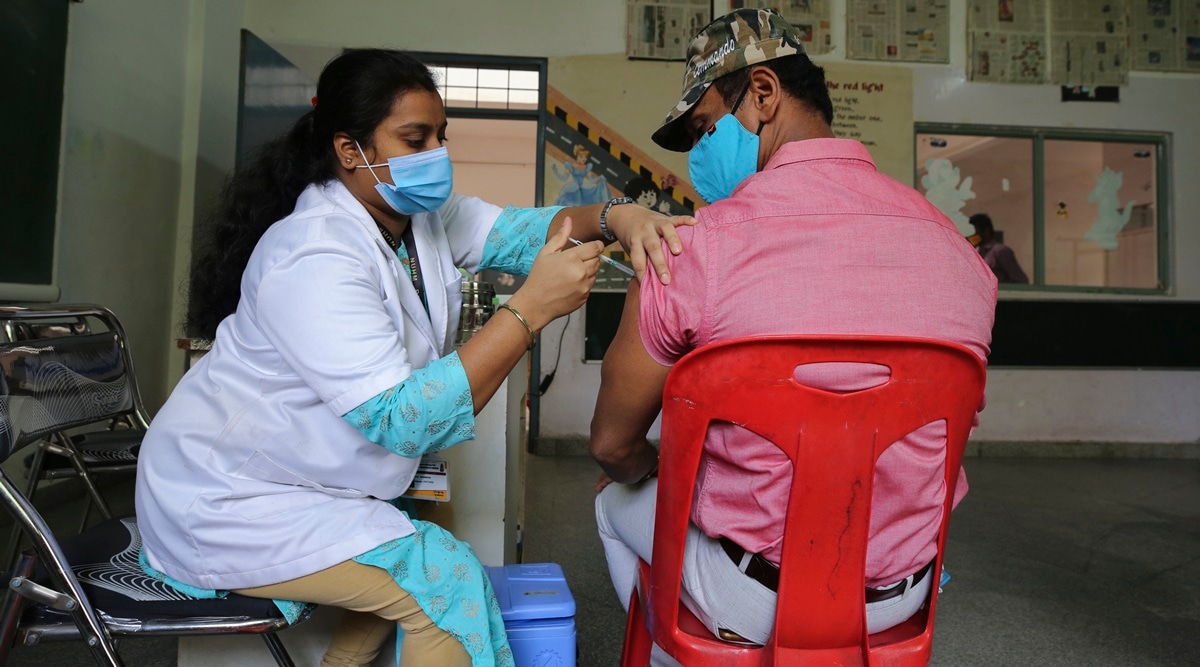
Find out how to take care of a extra economically assertive and generally politically belligerent China dominated the official and unofficial dialogue amongst G7 leaders on Saturday, a senior authorities official mentioned.
It additionally featured prominently throughout a short face-to-face dialog between Prime Minister Justin Trudeau and U.S. President Joe Biden on the margins of the summit.
In each discussions, the official, who spoke on background, mentioned Trudeau raised the plight of two Canadians, Michael Kovrig and Michael Spavor, detained by Beijing in retaliation for the arrest of a senior Chinese language telecom government, Meng Wanzhou.
Trudeau and Biden spoke immediately in regards to the ongoing work to safe the discharge of the 2 males. Whereas amongst the entire leaders there was an additional, broader dialogue in regards to the ongoing detention and the worldwide present of solidarity that accompanied their trials, mentioned the official, who was not licensed to talk publicly.
Border reopening additionally mentioned
Individually, the prime minister and the president additionally talked about the steps each international locations are contemplating to cautiously and step by step reopen the border.
It’s the first time the 2 have met face-to-face since Biden was elected president final November, though they’ve had digital conversations.
Among the many G7 leaders assembly at Carbis Bay, alongside England’s southwest coast, the problem that was entrance and centre was the battle of methods to compete with Beijing’s more and more aggressive drive to enroll growing international locations for financial infrastructure initiatives.
Referred to as the “Belt and Street” initiative, the Chinese language authorities has been financing the development of key infrastructure initiatives — ports, railways and airfields — in strategic areas all over the world with the intention of extending affect.
The U.S. is advocating for a G7 initiative that’s being dubbed “Construct Again Higher for the World,” a world infrastructure plan the place the world’s main democracies would supply an alternative choice to the Chinese language plan.
“As we come collectively on this partnership, our G7 companions have agreed that our actual goal right here is to exhibit that democracies and open societies can come collectively and ship a constructive selection to fulfill a few of the greatest challenges of our time, not only for our individuals, however for individuals all around the world,” mentioned a senior U.S. administration official, who additionally spoke on background, previous to the beginning of Saturday’s assembly.
Following the morning session, the Canadian official, briefing journalists travelling with Trudeau, mentioned there was broad consensus on the general strategic method to China.
The official, nonetheless, tried to downplay the plain divisions between the extra strident U.S., Britain and Canada, on the one hand, and considerably lukewarm European G7 members, a few of whom have proven curiosity in Chinese language infrastructure initiatives.
The World Financial institution estimates there may be cumulative a necessity for $40 trillion of recent and renewed infrastructure within the growing world by means of 2035.









